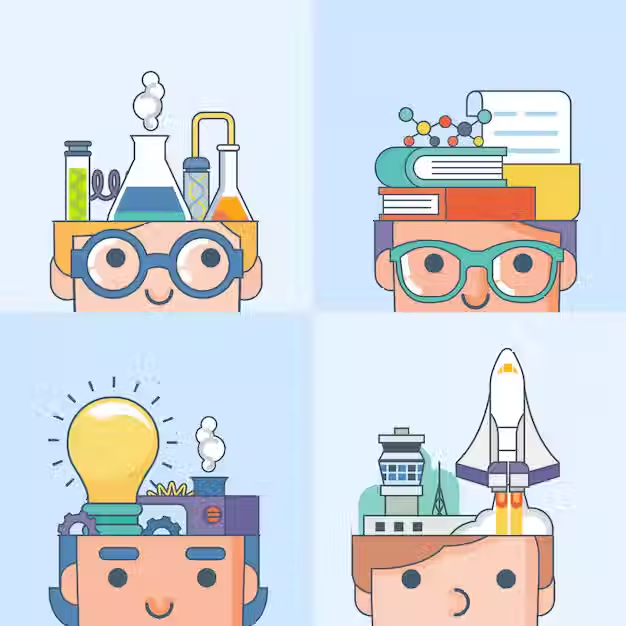Career Planning (Students)
- amandabek
- Apr 1, 2025
- 2 min read
Updated: Apr 17, 2025
A guide on how to plan for your career as a student

Ikigai and Career Planning
Meaning of Ikigai: A reason for being: living with a sense of purpose.
Importance of career planning:
work makes up a significant portion of our lives -- an average of 90,000 hours of a person's lifetime is spent at work
the work that we do contributes significantly to our sense of self
How to find your Ikigai
Finding your Ikigai means finding the intersection of these following 4 entities:
what you love
what the world needs
what you can be paid for
what you are good at
- This list is not sequential (you may choose to venture into something you love first, then figure out how you can get paid for it)
- It is a journey -- you may not be able to find something that fulfils all 4 of the entities now; it takes time and patience to find a fulfilling vocation.
1) What you love
do you feel passionate about what you are currently studying and/or the internship(s) you have been on?
do you feel an emotional connection to the impact you aim to make in the future?
would you continue with your current course of study if financial remuneration was not an issue?
2) What the world needs
are you helping to alleviate an issue in society?
is there a demand for your skills and knowledge?
will your skills and knowledge still be in demand in the future (e.g: 10 years from now)?
3) What you can be paid for
will you be paid for what you want to do after graduating?
are you comfortable with how much you will potentially be paid for your work?
does the industry's job market have a healthy amount of competition?
4) What are you good at
how can your work be useful?
are you good in your field of study or the work you want to do?
given more education and experience, could you be an expert in your field of work?
How To Build Your Resume
remain open-minded to learning new skills and knowledge that may be outside your major/course of study
make use of free resources provided by your institution (Adobe Photoshop crash courses, MOOC platforms, etc.)
where possible, take up volunteering opportunities to explore a particular sector that you may be interested in
take up internship opportunities during your semester break
build and maintain a good student-professor relationship. Having strong connections with professors can help you to expand your professional network and increase your chances of getting a letter of recommendation from them.
participate actively in student-life events to learn soft skills (e.g: how to effectively work in a team, communication and leadership skills, etc.)
Written by: Jasmine Tan | Designed by: Jasmine Tan | Edited by: Jonathan Kuek








Comments